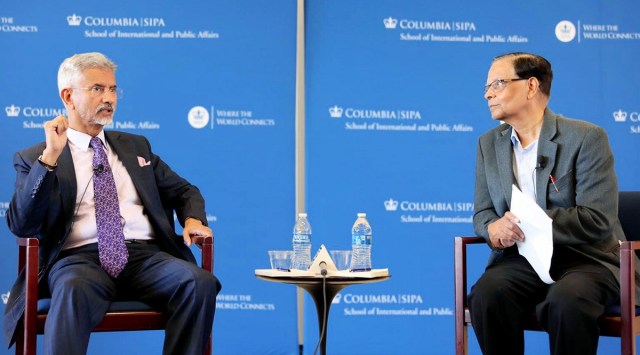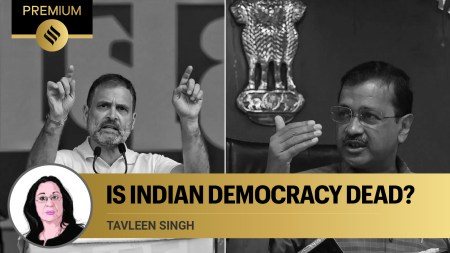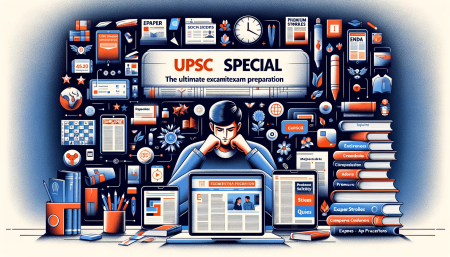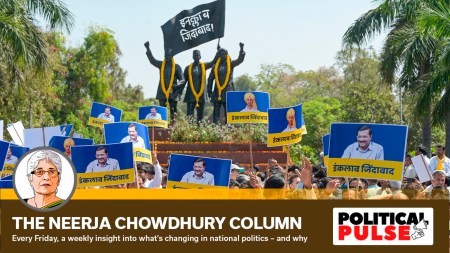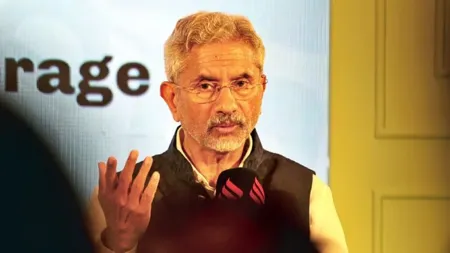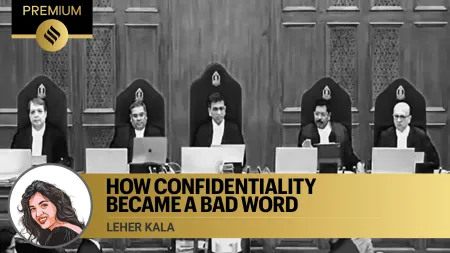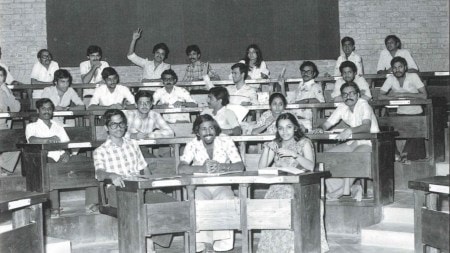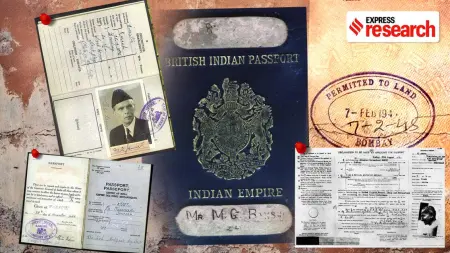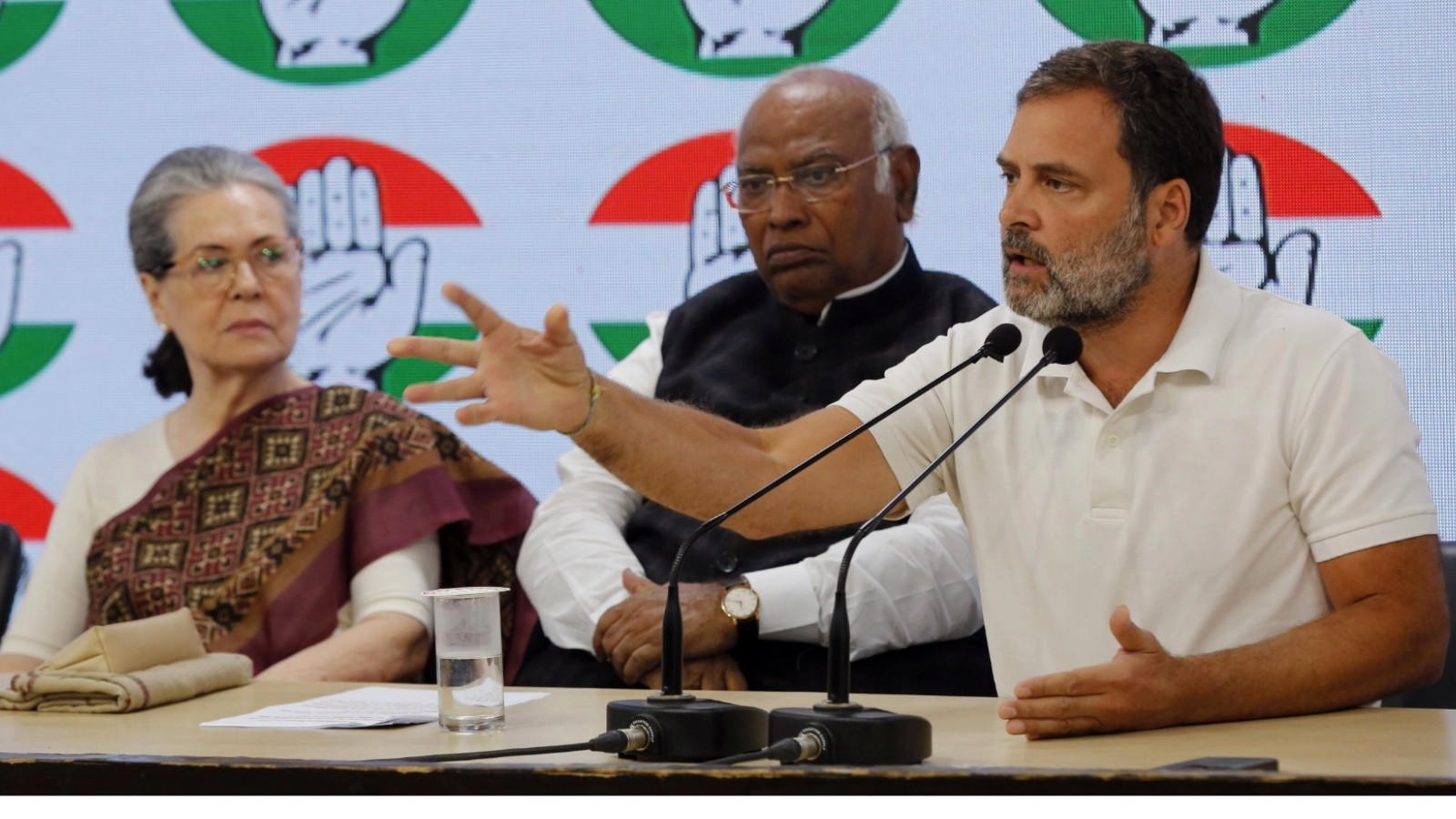For almost fifty years, India viewed the United States with suspicion, exhibiting deep caution in its overall assessment of US foreign policy. However, External Affairs Minister S Jaishankar stated that India has now moved beyond these assumptions to establish a new relationship with America.
Jaishankar emphasized the importance of India and China finding a way to coexist for mutual benefit, during a discussion at Columbia University’s School of International and Public Affairs in New York with former Niti Aayog vice chairman and Columbia University professor Arvind Panagariya on ‘India in the emerging global order’.
He reflected on India’s past attitude towards the United States, noting a period of deep caution and suspicion between the late 1940s and 2000, until the Clinton administration visited India. The nuclear deal in 2005-08 was a turning point, as it highlighted the challenge of overcoming historical suspicions towards the US.
Jaishankar credited Prime Minister Modi with reshaping India’s relationship with the US, emphasizing that Modi’s lack of ideological baggage has facilitated a more positive engagement with America.
Discussing China’s rise, Jaishankar highlighted the complexity of two major powers coexisting in close proximity. He stressed the importance of India and China accommodating each other in a dynamic global scenario.
Panagariya noted China’s more rapid economic growth compared to India over recent decades, prompting Jaishankar to acknowledge the challenges India faced, including delays in key decisions such as nuclear tests and economic reforms.
Jaishankar also acknowledged the difficulties in managing relationships with countries like China, Russia, and Japan in a changing global landscape, likening it to a high-wire act with multiple challenges.
When asked about the possibility of dual citizenship in India, Jaishankar expressed caution due to historical factors like the Partition, suggesting that such a decision would require careful consideration.
Regarding India’s quest for a permanent seat on the United Nations Security Council, Jaishankar highlighted the challenges of reforming an institution created 80 years ago. Despite India’s growing global influence, he noted the importance of broader support for India’s inclusion in key global councils.
